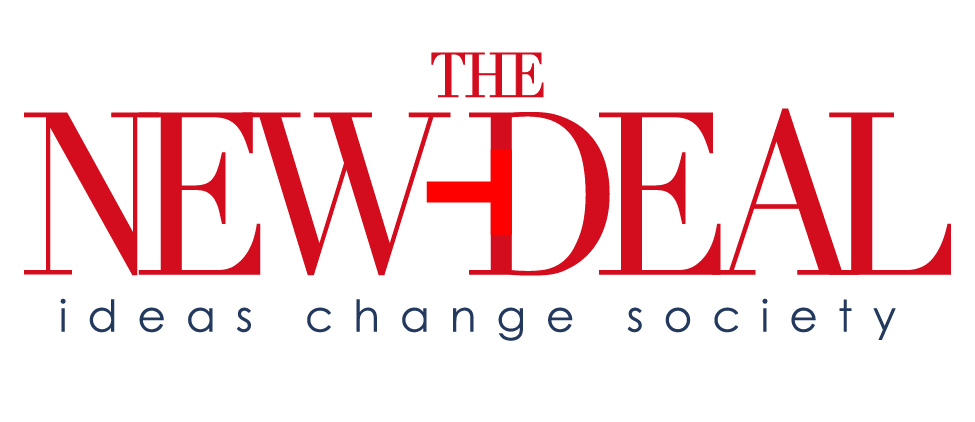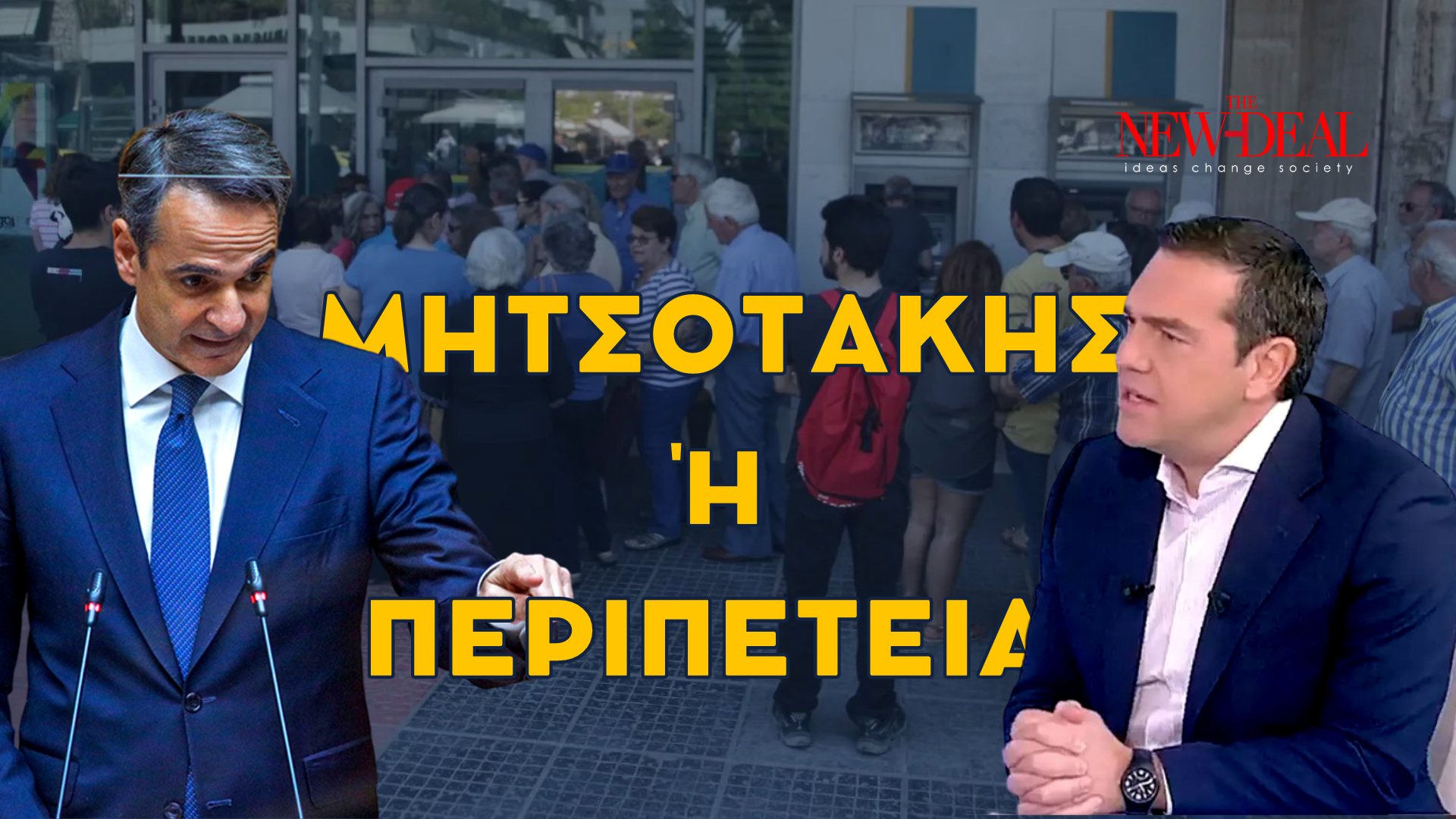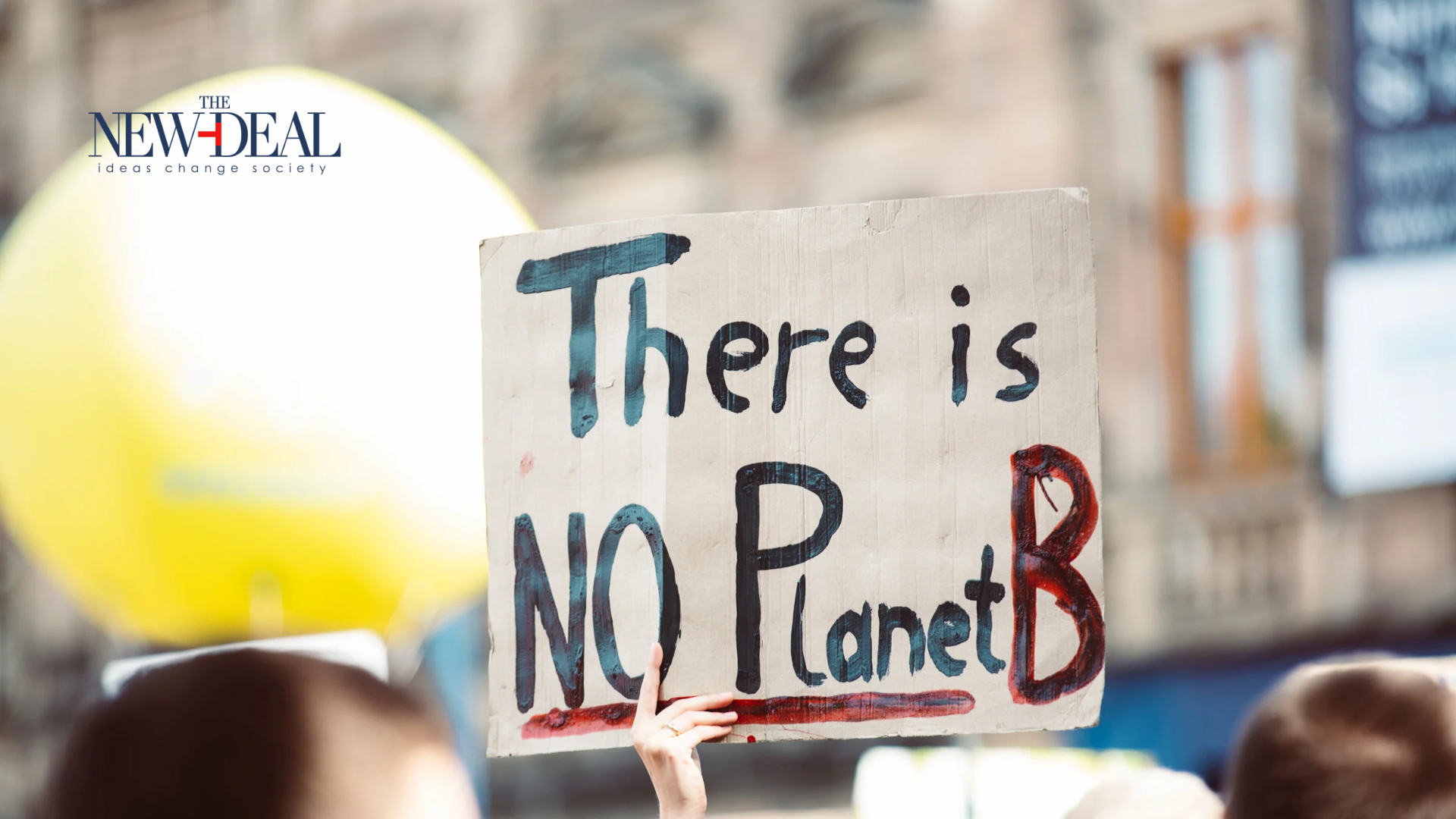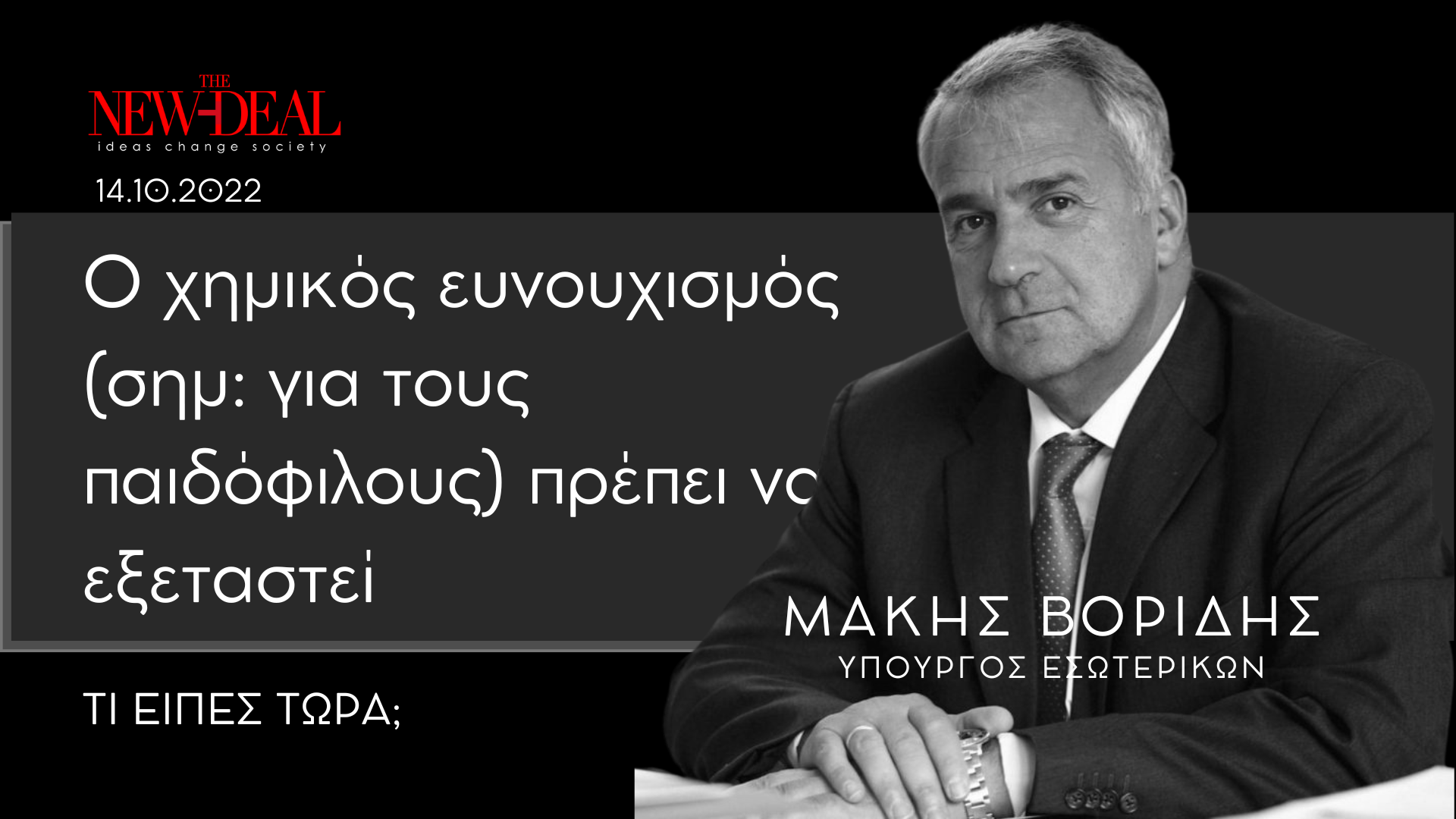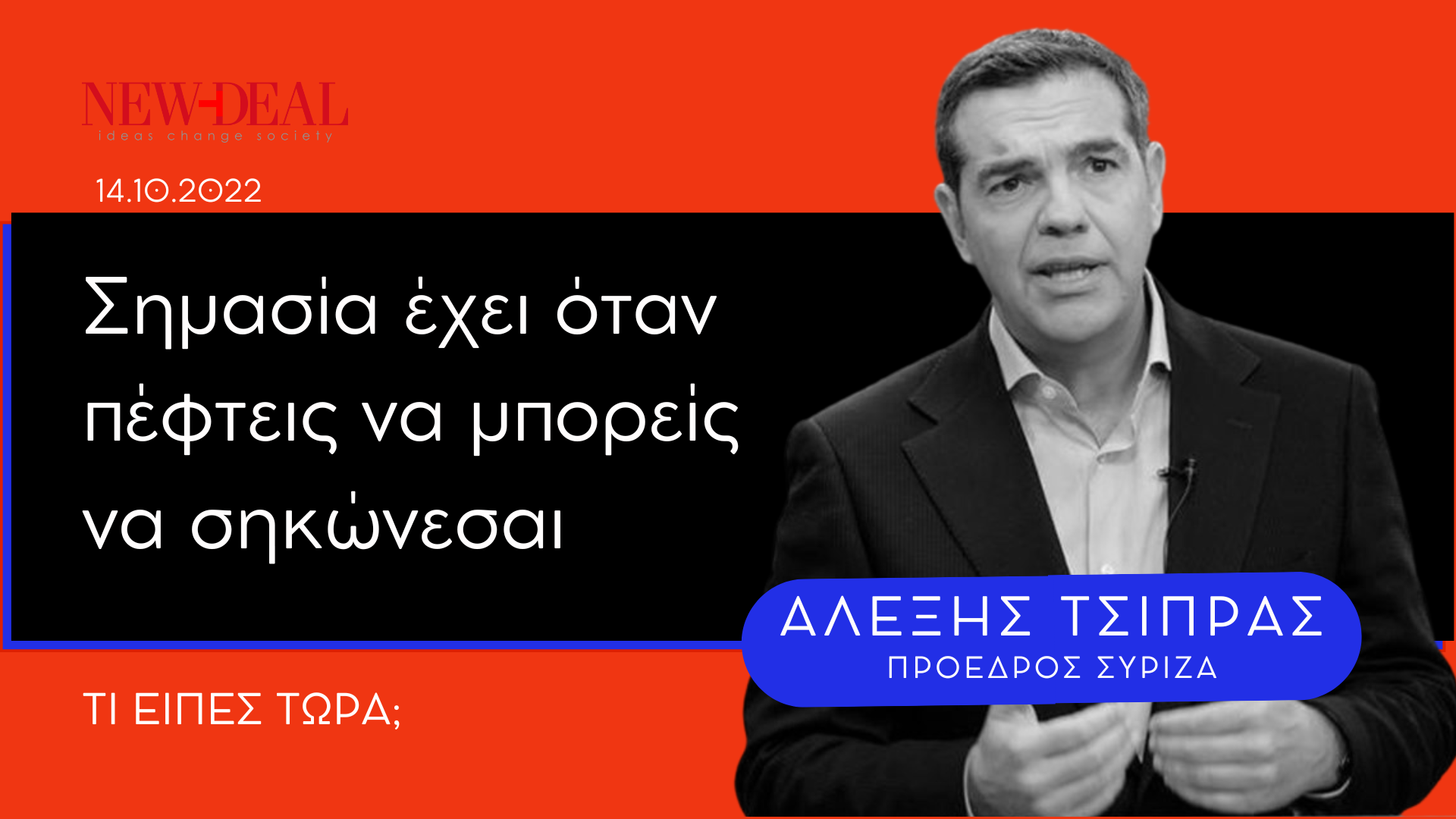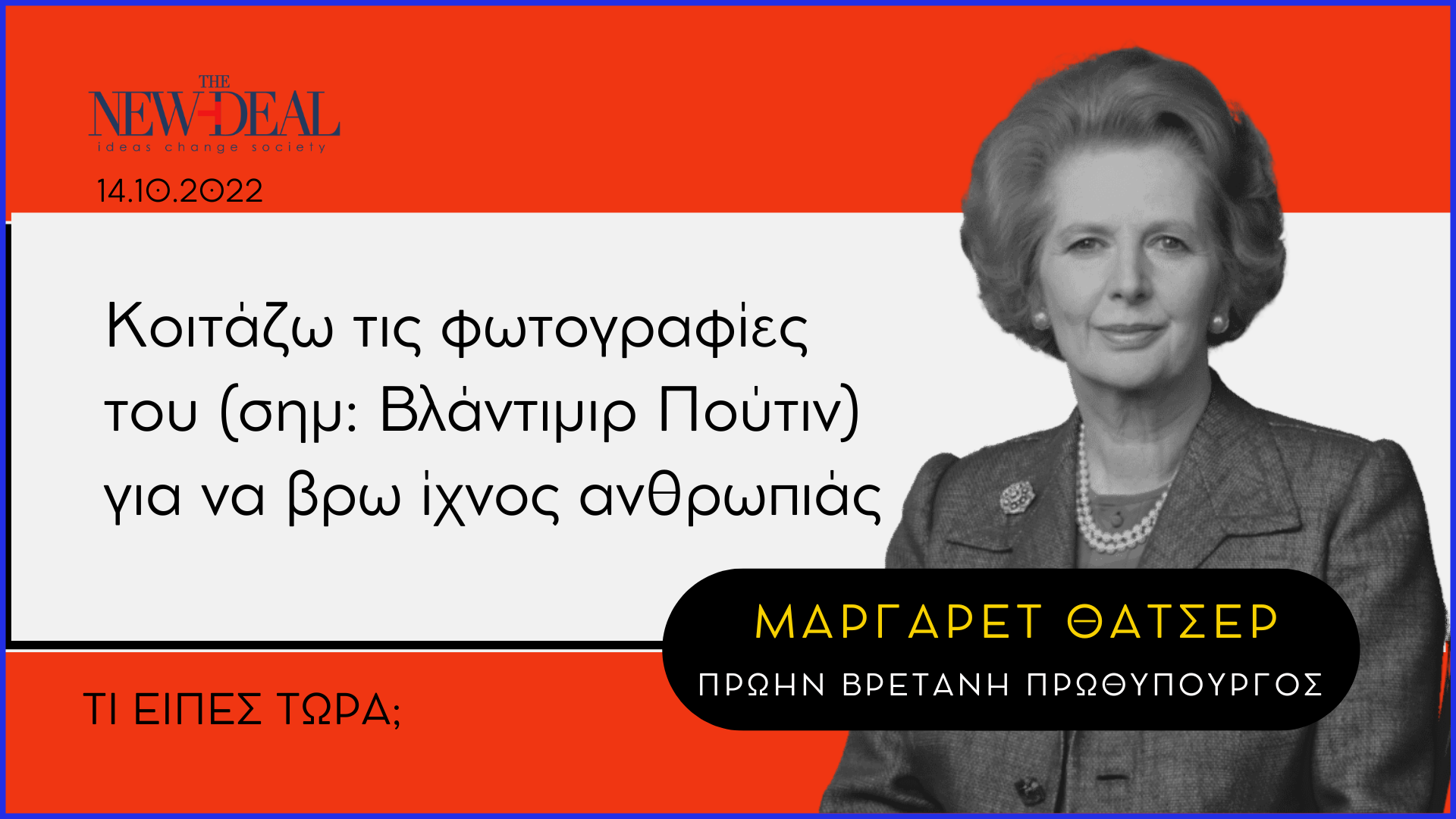by PAUL KRUGMAN
A few days ago, Alan Greenspan, the former chairman of the Federal Reserve, spoke out in defense of his successor. Attacks on Ben Bernanke by Republicans, he told The Financial Times, are “wholly inappropriate and destructive.” He’s right about that — which makes this one of the very few things the ex-maestro has gotten right in the past few years.
But why are the attacks on Mr. Bernanke so destructive? After all, nobody in America is or should be immune from criticism, least of all those — like the chairman of the Fed — who, by the nature of their positions, have immense power to make our lives better or worse. And while there is an unmistakable thuggishness to the campaign against the Fed, most famously Rick Perry’s warning that the Fed chairman would be treated “pretty ugly” if he visited Texas, surely the bad manners of the critics aren’t the most important issue.
No, the real reason the attacks on Mr. Bernanke from the right are so destructive is that they’re an effort to bully the Fed into doing exactly the wrong thing. The attackers want the Fed to slam on the brakes when it should be stepping on the gas; they want the Fed to choke off recovery when it should be doing much more to accelerate recovery. Fundamentally, the right wants the Fed to obsess over inflation, when the truth is that we’d be better off if the Fed paid less attention to inflation and more attention to unemployment. Indeed, a bit more inflation would be a good thing, not a bad thing.
O.K., I know that many readers are already outraged. But bear with me, and let me take this in stages.
First, about inflation obsession: For at least three years, right-wing economists, pundits and politicians have been warning that runaway inflation is just around the corner, and they keep being wrong. Do you remember the tirades about “debasing the dollar” around this time last year? Do you remember the scorn heaped on Mr. Bernanke last spring when he argued that the bulge in inflation taking place at the time was just a temporary blip caused by gasoline prices and would soon recede? Well, he was right. At this point, inflation is once again running a bit below the Fed’s self-declared target of 2 percent.
Now, the Fed has, by law, a dual mandate: It’s supposed to be concerned with full employment as well as price stability. And while we more or less have price stability by the Fed’s definition, we’re nowhere near full employment. So this says that the Fed is doing too little, not too much. Indeed, some Fed officials — notably Charles Evans, the president of the Chicago Fed — have tried to make exactly that case.
To be sure, more aggressive Fed policies to fight unemployment might lead to inflation above that 2 percent target. But remember that dual mandate: If the Fed refuses to take even the slightest risk on the inflation front, despite a disastrous performance on the employment front, it’s violating its own charter. And, beyond that, would a rise in inflation to 3 percent or even 4 percent be a terrible thing? On the contrary, it would almost surely help the economy.
How so? For one thing, large parts of the private sector continue to be crippled by the overhang of debt accumulated during the bubble years; this debt burden is arguably the main thing holding private spending back and perpetuating the slump. Modest inflation would, however, reduce that overhang — by eroding the real value of that debt — and help promote the private-sector recovery we need. Meanwhile, other parts of the private sector (like much of corporate America) are sitting on large hoards of cash; the prospect of moderate inflation would make letting the cash just sit there less attractive, acting as a spur to investment — again, helping to promote overall recovery.
In short, far from fearing that more action against unemployment might lead to an uptick in inflation, the Fed should actually welcome that prospect. Which brings me back to those Republican attacks and their chilling effect on policy.
True, Mr. Bernanke likes to insist that he and his colleagues aren’t affected by politics. But that claim is hard to square with the Fed’s actions, or rather lack of action. As many observers have noted, the Fed’s own forecasts indicate that while things have been looking up a bit lately, it still expects low inflation and high unemployment for years to come. Given that prospect, more of the “quantitative easing” that is now the main tool of Fed policy should be a no-brainer. Yet the recently released minutes from a March 13 meeting show a Fed inclined to do nothing unless things take a turn for the worse.
So what’s going on? I think that Fed officials, whether they admit it to themselves or not, are feeling intimidated — and that American workers are paying the price for their timidity.
Το άρθρο του νομπελίστα οικονομολόγου Paul Krugman δημοσιεύεται στην εφημερίδα “The New York Times”.
